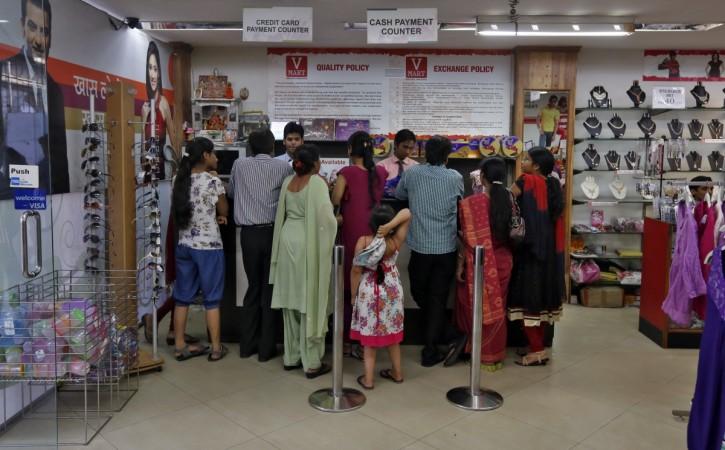
In order to thrive, organisations should focus on becoming intelligent enterprises, a top SAP SE executive has said, emphasising that in today's fast-paced businesses, processing huge amounts of data in real-time and analysing them to make quick decisions is critical.
According to the global software firm, intelligent enterprises do more with fewer resources and empower employees through the process of automation. They can deliver a best-in-class customer experience by proactively responding to customer expectations and invent new business models and revenue streams.
"There was a wave which I would call digital. That was the move of consuming system software in the Cloud, but that was still not intelligent technologies for corporates. And the next wave is the incorporation of Machine Learning, of Artificial Intelligence (AI), of Blockchain, of robotic process automation, of conversational AI... into these processes," Bernd Leukert, Member of the Executive Board, SAP SE, told IANS in an interview.
"An intelligent enterprise brings together machine and human intelligence across all business functions... And this shows why the business model needs to evolve and the organisation needs to become intelligent," he added.
To stay afloat, organisations across the world, including in India, need to challenge their status quo and existing business models, while feeding the ones which are working with investments. It will help companies if they challenge the way they do business, strive to be creative and try out new business models, SAP said.
"In many cases, it's a new business model that disrupts an existing business. If you are not doing it, then a competitor will disrupt you, so you should rather disrupt yourself and transform," Leukert said on the sidelines of the SAP TechEd 2018 event here.
"Successfully applying intelligence to business processes will define the winners and losers in the years to come," he said, adding that as organisations become intelligent, profiles for people in companies will change.
"I am not saying that fewer people will be required, but their profiles will change as the repetitive tasks would be done by the system automatically," said Leukert, who heads strategic innovation initiatives at SAP.
SAP helps customers by identifying the business value of embarking on a transformational journey. With its technologies, the global software firm also allows organisations to test new business models so that they can check what works for their business and what does not.
"And we have even developed a methodology together with the Hasso Plattner Institute of the University of Potsdam in Germany and Stanford University in the US which is called 'Design Thinking'. To drive disruptive innovation, we collaborate with customers to understand their needs and help them with technologies in order to execute the ideas that are generated," Leukert said.
In India, SAP offers applications and services that enable companies of all sizes, in more than 25 industries. Started in 1996, SAP India is the second-largest subsidiary and one of the fastest-growing companies within SAP worldwide with around 13,000 employees.
"I would say we build on the strong capabilities we have across 25 industries and have applications that serve any business process in the Cloud that customers across these industries have to run," Leukert said.
"And in the Cloud, we offer modular applications which are best-in-class on their own. We are building these applications on the HANA Data Management Suite, where HANA does real-time processing, and has more capabilities than a traditional database," he added.
The HANA Data Management Suite, according to SAP, can collect and integrate an organisation's data in a secure, unified landscape. This data management framework and in-memory database allow both transactional processing for data capture and retrieval, and analytical processing for business intelligence and reporting.
"We are also building intelligence via the platform into the application -- what we branded as SAP Leonardo which uses emerging technologies like Blockchain, Internet of Things (IoT), Machine Learning, etc," Leukert said.
"We strongly believe that the future consumption model of software will be Software as a Service (SaaS) from data centres, and openness in that world will be vital," he added.








